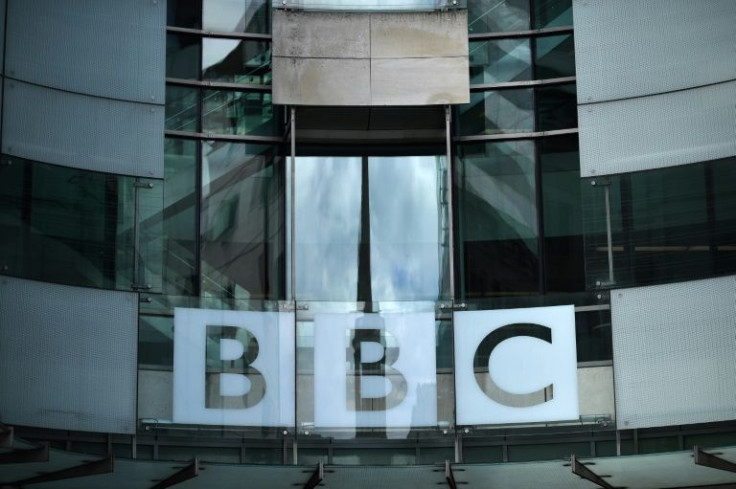Anonymous Denies Leaking Personal Data Of 120,000 Russian Soldiers Fighting In Ukraine
KEY POINTS
- The personal data of 120,000 Russian soldiers fighting in Ukraine was leaked last month
- It contained names, dates of birth, addresses, unit affiliations and passport numbers
- Anonymous did not take credit for the leak, which was first reported by Ukrainian media outlet Pravda
Hacker collective Anonymous shared a leak from last month that contained the personal data of 120,000 Russian soldiers fighting in Ukraine, but the group did not take credit for the breach.
The personal data leak, which included names, dates of birth, addresses, unit affiliations and passport numbers, was first reported by Ukrainian media outlet Pravda on March 1.
The Centre for Defence Strategies, a security think tank in Ukraine, obtained the list from "reliable sources" and provided it to Pravda, according to the outlet.
"All soldiers participating in the invasion of Ukraine should be subjected to a war crime tribunal," Anonymous said Sunday in a post that shared the entry of Pravda's leak on Distributed Email of Secrets (DDoSecrets), a non-profit whistleblower site for news leaks.
The hacker group later clarified that it does not take credit for the data leak.
"We have not taken credit for that leak in any way. It was merely a repost that pointed directly to [DDoSecrets] which, as you point out, clearly credits Pravda," Anonymous said.
A verified Facebook page for Anonymous claimed the group was able to "release" the Pravda leak.
Anonymous has been vocal against Russia's invasion of Ukraine.
"We're all witnessing the evils Russia is doing. It's going to take a very long time to accept Russia back into the human race after all the crimes it's committed via [Russian President Vladimir Putin]," the group said in a statement.
"The hacking will continue until Russia stops their aggression," Anonymous said after it announced it had hacked 200,000 emails from the Russian law firm Capital Legal Services.
The group also claimed responsibility for taking down media and government websites in Russia as well as hacking into Russian television channels.
"Putin forces you to lie and puts you in danger. Why do we need it? So that Putin was added to textbooks? This is not our war, let's stop him!" one of the group's messages read.
Anonymous even allegedly hacked into Russia's top censorship agency, the Federal Service for Supervision of Communications, Information Technology and Mass Media, more commonly known as the Roskomnadzor.
Russia ramped up efforts to tighten control over the country's domestic internet amid its invasion of Ukraine.
The Roskomnadzor has restricted access to several media websites including the U.K.'s BBC and German broadcaster Deutsche Welle, among many others, since the start of the war.

© Copyright IBTimes 2025. All rights reserved.





















